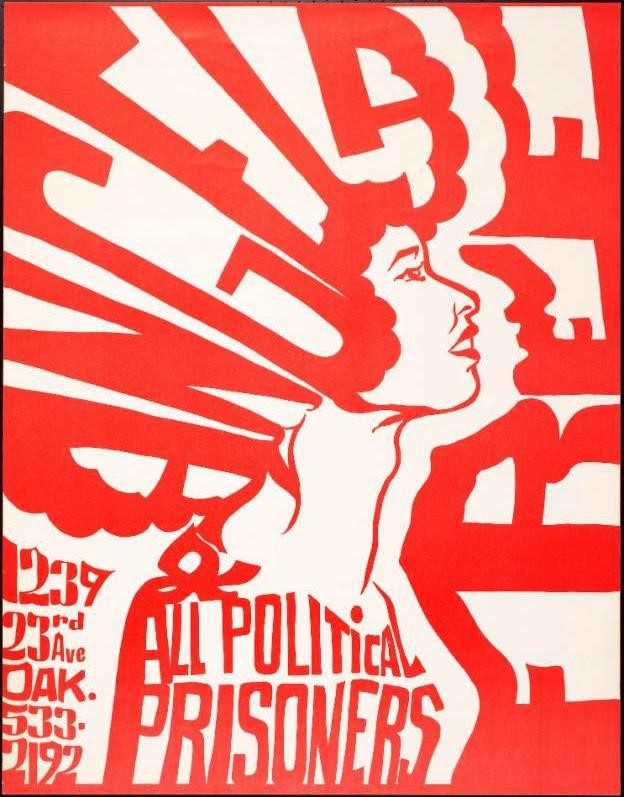San Francisco — The GLBT Historical Society will be unveiling an online version of its successful exhibition “Angela Davis: OUTspoken,” which was on display at the GLBT Historical Society Museum from February to September 2018.
The exhibition draws on rare posters and ephemera from a private collection to highlight the journey of Black lesbian activist Angela Davis: from radical scholar, to political prisoner, to revolutionary icon, to public intellectual.
Curated by community archivist Lisbet Tellefsen and historian Amy Sueyoshi, the exhibition considers some of the roles Davis has played in the American political imaginary and explores the complexity and impact of her life across nearly half a century. The virtual version of “Angela Davis: OUTspoken” opens on August 10 at glbthistory.org/angela-davis.
“As a Black lesbian growing up in the Bay Area, I never really viewed Angela Davis through a specifically queer lens,” says Tellefsen, whose collection of rare Davis materials forms the basis of the exhibition. “However, for as long as I can remember, Angela was always fiercely claimed by the lesbian-of-color community as one of our own. While we could debate when or what exactly constituted her coming-out statement, what was always crystal clear was her unwavering and vocal support for LGBTQ rights.
“Angela Davis has always been about intersectionality — before the term was even coined,” Tellefsen adds. “She has always explored the connections between race, class, gender, sexual orientation, ability and citizenship. She is an African American woman, she is a lesbian, she is an ally for oppressed populations throughout the globe and a vocal champion for LGBTQ rights. This is who she is. She is a human rights activist of the highest order.”
Davis first came to public attention in the late 1960s with her dismissal from the faculty of the University of California due to her membership in the Communist Party, her involvement in the Black Panther Party, and her trial and imprisonment on charges of conspiracy, kidnapping and murder for which she was acquitted.
Her outspoken activism and organizing efforts attracted both harsh criticism and strong support, resulting in her becoming a globally recognized symbol of radical resistance. Today, Davis continues her political work, including challenging mainstream LGBTQ movements to see service in the armed forces and participation in marriage with a critical eye.
“It’s especially important now to be reminded of the radical roots of queer activism, particularly through African American women such as Angela Davis,” says Sueyoshi. “My hope is that history will honor the queer women of color and other activists who came up during times of extreme repression. The graphics displayed in ‘OUTspoken’ not only serve as a visual reminder of the power of speaking out; they also can inspire us to continue working for a world without exploitation.”
“Angela Davis: OUTspoken” opens on August 10 on the GLBT Historical Society’s website at glbthistory.org/angela-davis.
For more information, visit the GLBT Historical Society website at www.glbthistory.org.
